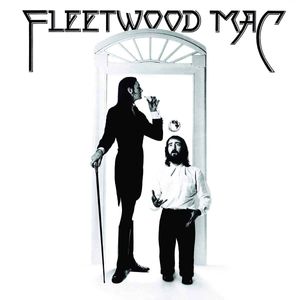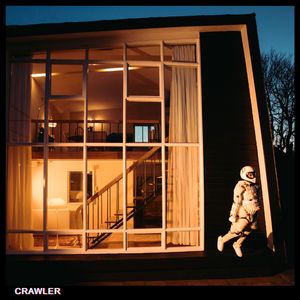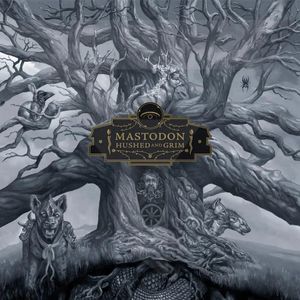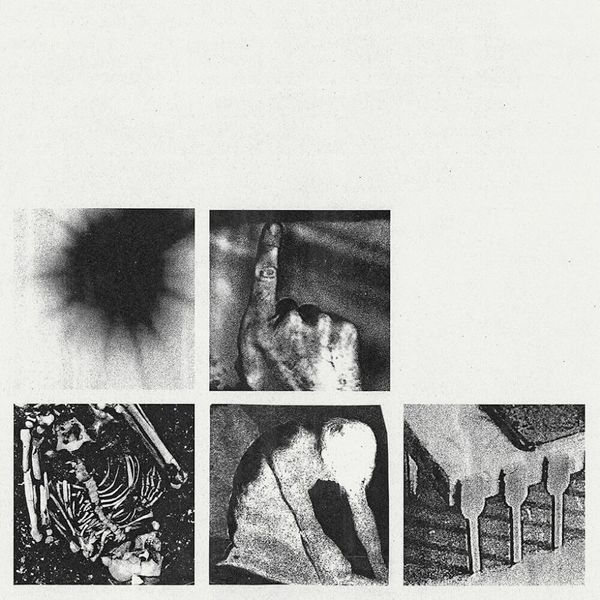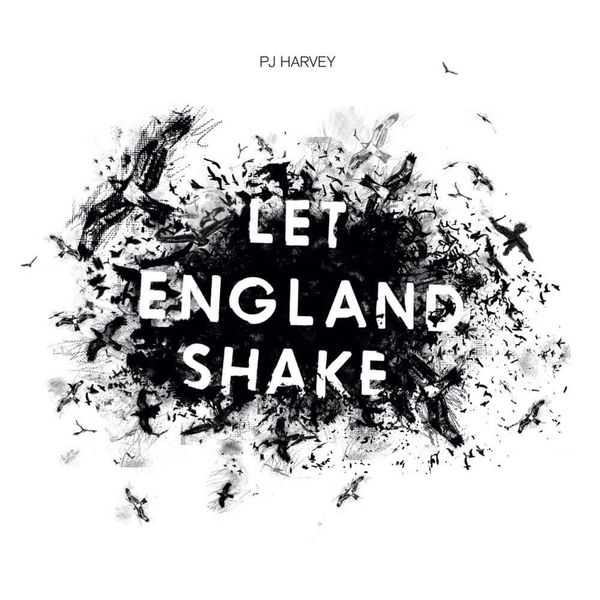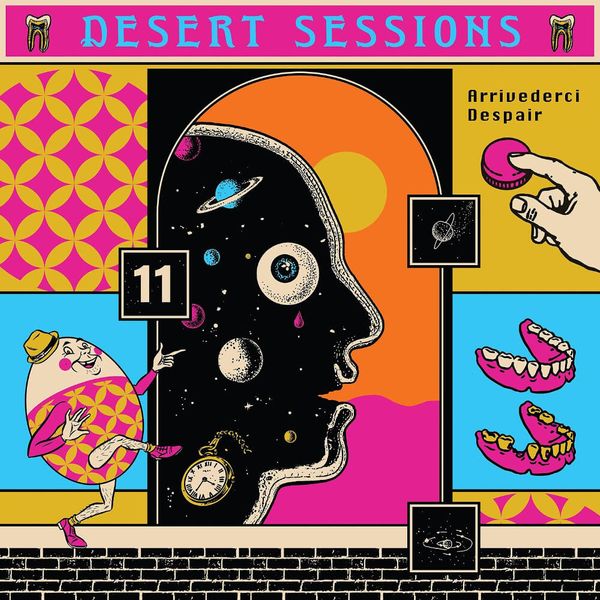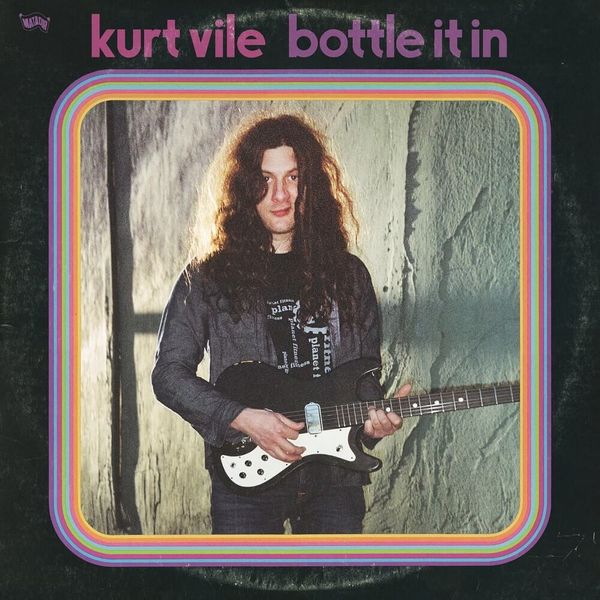Blackstar
David Bowie


Essential Tracks
- Blackstar
Favourite Tracks
- Sue (Or in a Season of Crime)
- I Can't Give Everything Away
André
Blackstar wasn’t fully realised until a few days after its release. The initial sensation was one of revitalization in David Bowie’s creativity, with the metaphors of Lazarus seemingly showcasing his tortured immortality. We now understand that Blackstar is the open book of a dying man; a work created and scheduled for listeners to experience at the end of Bowie’s life, allowing him to depart on his own terms.
The result is a fitting swansong and a testament to Bowie’s commitment to his craft. ‘His death was no different from his life — a work of art’, says long-time producer Tony Visconti, who knows more of Bowie’s vision than most. Blackstar is a record that will haunt us for years to come, although it certainly isn’t in the same realm as Ziggy Stardust, Hunky Dory, and Low. In fact, it’s difficult to place Blackstar anywhere in the entire catalogue. It has an enigmatic character that separates it from any of his previous work; an aura of mystery helped enormously by a jazz influence that harks back to Bowie’s earliest days (the saxophone was, after all, one of the first instruments he began to learn as a child).
Still, personal throwbacks such as these never sink into nostalgia. Bowie was always too audacious for that. Blackstar opts instead to embrace the reality of Bowie’s status and is a better record for it, with no fond recollection of the glory days. Some moments on the album are stronger than others, but the entirety of what Blackstar now represents is too powerful for one to be bothered by the minor blemishes.
I cannot remember another musical icon leaving a final testament in such a manner. Blackstar is the final trick from a man who was always one step ahead — we were all so pleased to have Bowie back that we didn’t realise he was saying goodbye. Perhaps we had always just assumed he was immortal, which makes his death all the more striking. Bowie has at least left with the assurance that, just like that bluebird, he is now free.
Favourite tracks //
- Girl Loves Me
- Blackstar
- Sue (Or in a Season of Crime)
Fred
Sentiment aside, Blackstar is not quite the tour de force it sorely deserved to be — though it is close. It is delicate and defiant mementos mori, relaying life and death intertwined with almost unwavering impact.
The title track rumbles and broods with phenomenal energy, whilst “Lazarus” is appropriately haunting. Tony Visconti’s acumen as a producer certainly rubs off on what goes on. You can practically see sound flickering in darkness. That said, I do not care at all for “Sue (Or In A Season Of Crime)” — it pops the entire ethereal bubble and I really wish it wasn’t there. Far be it from me to correct David Bowie on how to have written his own eulogy, but I do think had the album refrained from trading in the mysticism of the abyss for a spell of drum and bass right in the middle it could have been something truly special.
Still, Blackstar is a work made tenderly and against time. It will endure as a portal into the world of remembrances that grief gives birth to — which I suppose was its purpose. The last word. Trust Bowie to turn dying into performance art. Ain’t it just like him.
Favourite tracks //
- Blackstar
- Lazarus
- I Can’t Give Everything Away
Andrew
With Blackstar, David Bowie has gone out doing what he loved, and the added context made this review all the more interesting. Most of the album has a sinister, haunting atmosphere about it, with Bowie’s lyrics consistently exploring ominous ground. ‘Look up here, man, I’m in danger’ Bowie protests in “Lazarus”, ‘I’ve got nothing left to lose.’ Prior to his death, the uncomfortable air throughout the album seemed unexplained; since then, lyrics across the album have taken on a whole new context.
Besides adding a little poignancy though, this album doesn’t ride on its time of release. The instrumentation throughout combines a sinister tone with liberal jazz influences and electronic decoration that works very well together. Mark Guiliana, the man behind drums and percussion, needs a special mention too, with beats and rhythmical moments that never ceased to impress me. “Sue”, the fourth track also needs a mention, managing to be the sore thumb of the album while finding itself high up my favourites list; Bowie’s drum and bass explorations are enjoyable but not preferable on Blackstar.
As “I Can’t Give Everything Away” depletes itself, audibly setting the sun on an incredible musical career, I can’t help but feel that David Bowie’s final lap of glory was maybe a little understated given his back catalogue. Blackstar is nevertheless a brilliant album that now acts a mysterious, haunting goodbye.
Favourite tracks //
- Blackstar
- Sue (Or in a Season of Crime)
- I Can’t Give Everything Away
